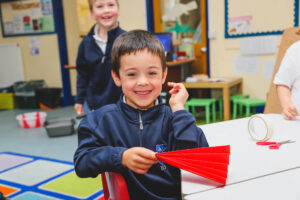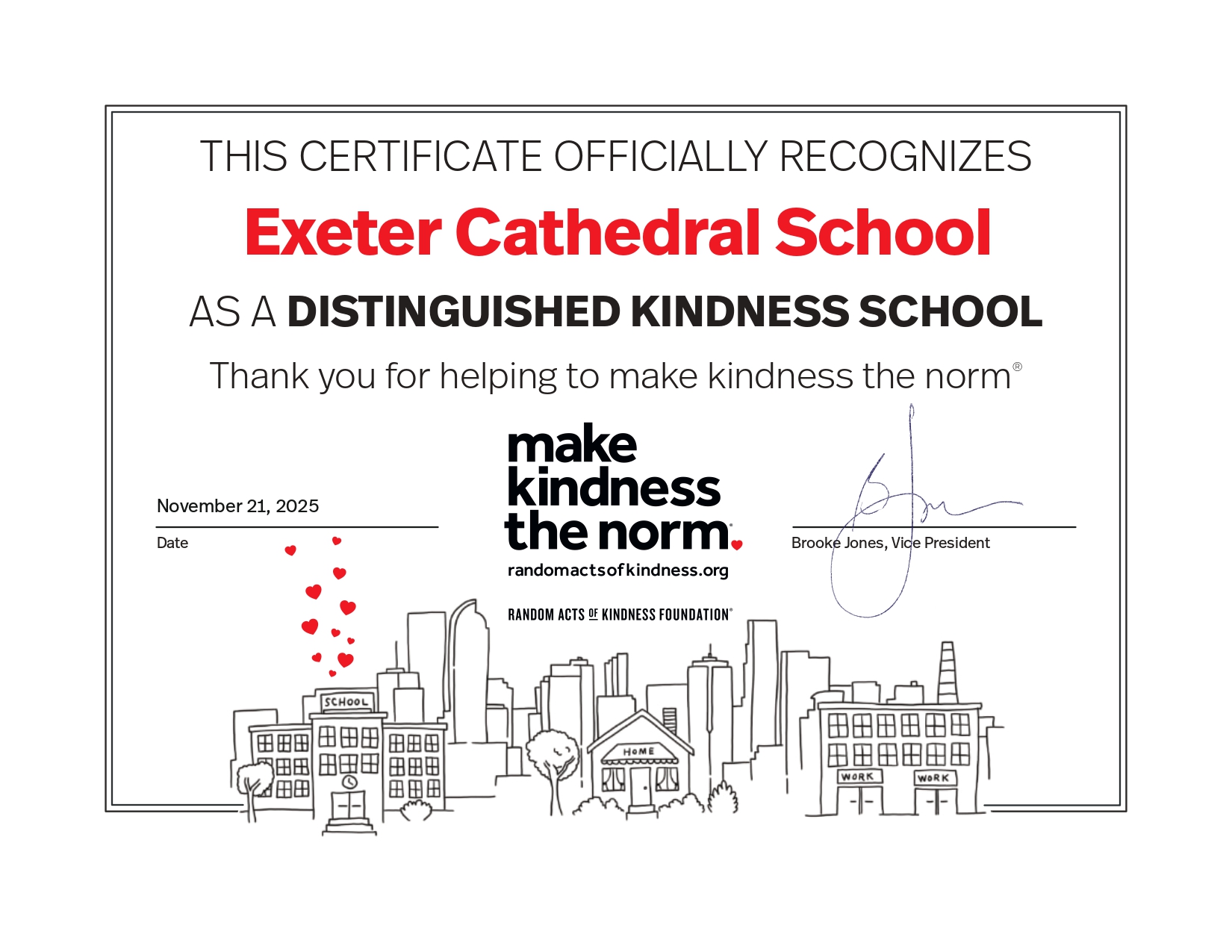There are some ‘traditions’ in schools that we have all been jolly glad to see the back of. Corporal punishment was outlawed (finally) in the independent sector in 1991; standing in the corner has (thankfully) had its day; liver and bacon for school lunch seemed (mercifully) to die a death in the late 80s; and the widely-accepted rule about what was to be worn in the event of forgotten PE kit was hurried off the pitch a few years earlier. Times change, standards change, schools change. Thank goodness. But sometimes one comes across a ‘dying art’ which should be clung onto. Last night’s extraordinary evening in Kalander Hall was an example of one such art: the art of speaking to an audience.
As communication becomes increasingly digital, as screen-time takes over from story-time, and as interaction becomes more reliant on thumbs than on tongues, our ability to communicate effectively face to face is, I would suggest, somewhat under-championed. But this is not an out-dated skill: it’s a very relevant one.
I have spoken before about the job of a really good school being to work with families to help pupils acquire the right habits for life, and about how I am committed to the development of character through a broad and creative curriculum and exciting opportunities outside of the classroom. In a world hurtling, it seems, towards a future which is AI-heavy and in which computers do all of the thinking and all of the doing, there are political and social commentators who call for schools to wake up and realise that what previously mattered in education no longer has any relevance. The future is AI-based – educate children for that future. To that, my response mirrors those offered by Andrew Pinsent (Ian Ramsey Centre for Science and Religion) and Will Gompertz (BBC Arts Editor): surely, with the rise of the machine and with the rapidly-changing workplace, now is the ideal time for a renewed focus on equipping children with the skills that computers don’t have. It is more important than ever, now, that today’s young people (and tomorrow’s workforce) have the requisite people skills to thrive in a workplace were everything else will be done by machines.
The art of standing up in front of an audience and speaking in public is absolutely one of those key skills. To be able to feel comfortable up in front of others, to stand and deliver with confidence (but not arrogance), with conviction (but not aggression), with humour (but not silliness), with energy (but not mania), with clarity (but not monotony), with expression (but not distraction), and with humility (but not embarrassment) is difficult – and it matters. The ability to make others listen without being forceful, to put across your point without lecturing, to explain without patronising, to give of yourself but to give to your audience, to engage them, to bring them with you, to make them smile, chuckle, cry, feel ashamed, laugh, reflect – that’s difficult; and it matters. It’s not machines which can do that; it’s people – and it is absolutely a skill and an art which needs cherishing.
At last night’s Declamations Finals Evening we saw those skills and that art on display. It was the culmination of a process which had seen every member of year 3 to year 8 choose a piece of poetry or prose, stand up in front of a gentle and appreciative audience (their English class), and have a go at speaking in public and at commanding their audience. The Finals Evening was a triumph, as we watched those pupils put through from the class competitions stand on the stage and deliver – with appropriate confidence and considerable poise – their chosen piece to a packed house. To the winners – congratulations: you were recognised for your outstanding performances, and that matters. To those finalists who didn’t win – congratulations: you worked hard, enjoyed yourself and applauded the winners with good grace, and that matters, too. To those who didn’t make it through to the final – congratulations: you showed courage when faced with something which was perhaps outside of your comfort zone, you worked hard, and you took part – and that matters, too (our ECS habits confirm that these are approaches which we value here). To all of you – you can know that, when it comes to important life skills for the future, you’ve got this one nailed.







